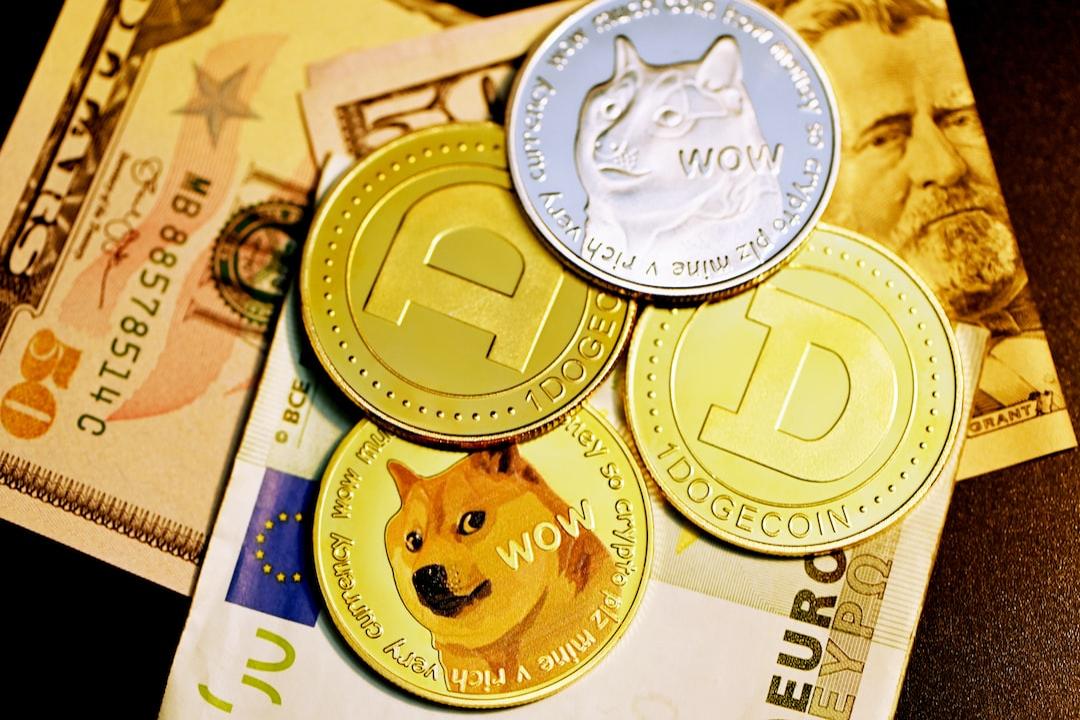In a candid conversation with crypto.news, Bing Wang, the Chief Legal Officer at BasedVC, explored the intricate landscape of tokenizing real-world assets (RWAs) and the regulatory hurdles impeding widespread acceptance.
**Tokenization of Real-World Assets: A Promising Horizon**
Tokenization of real-world assets heralds a new era in the digitization of tangible properties such as real estate, artwork, and commodities, transforming the modalities of their trade and ownership.
As reported by Messari Crypto in April, the RWA market’s total value locked neared the $8 billion mark. An IBM study forecasts this sector’s valuation to skyrocket to $24 trillion by 2027, signaling strong interest from financial entities keen on harnessing blockchain benefits.
Yet, the journey towards universal adoption is fraught with obstacles, particularly in the legal domain. The market’s international scope further complicates matters, with disparate regulations on securities, digital assets, and property rights across different regions, posing compliance challenges for both issuers and investors.
Wang posits that a comprehensive strategy is essential to navigate these regulatory mazes and align with international norms.
**Regulatory Reforms for RWA Tokenization: A Path Forward**
The absence or complexity of regulations can hinder RWA growth, creating a haven for malfeasance. Governments have a duty to implement definitive regulations to clarify, safeguard investors, and nurture innovation within the industry. Wang suggests a two-pronged approach: firstly, regulators need to demystify and categorize tokens, eliminating the regulatory fog that deters investors due to fears of enforcement and scrutiny. This clarity will delineate the regulatory framework applicable to RWAs. Secondly, the stipulation of registration and licensing prerequisites for tokens and their platforms is crucial. This will provide participants with transparent criteria and regulatory responsibilities. Additionally, regulatory sandboxes could serve as testing grounds for tokenization innovations, enabling regulators to evaluate risks prior to broad-scale implementation. Regulatory reforms should also include mechanisms for market monitoring and oversight to protect investors and deter misconduct.
**Navigating Global Regulatory Landscapes: Strategies for Tokenization Platforms**
To comply with international standards when issuing tokenized RWAs, platforms must assess and thoroughly analyze the securities laws applicable in each country. The paramount strategy involves a deep dive into registration, licensing, disclosure obligations, KYC processes for investors, and transaction reporting. Post-analysis, platforms can tailor their offerings to adhere to each jurisdiction’s legal framework, including the modality of security offerings and permissible marketing tactics. Technological solutions, such as blockchain-based compliance tools, can automate compliance across jurisdictions. Smart contracts can alleviate the legal workload. Continuous education on international securities laws is vital for ongoing compliance, keeping investors, team members, and advisors abreast of best practices and emerging trends in RWA tokenization.
**The SEC’s Stance and Its Global Impact on Tokenized RWA Markets**
The U.S. market plays a crucial role in the worldwide financial narrative. The SEC’s recent “regulation by enforcement” tactic has drawn criticism from many analysts. This confrontational approach has sown distrust in tokens and their managing platforms, potentially driving them to relocate to more crypto-accommodating regions like South Korea, El-Salvador, or the United Arab Emirates. Such regulation dampens investor confidence, curtails capital inflow, and hampers market growth, thereby affecting global competitiveness.
**Selecting a Blockchain Platform: Legal and Compliance Considerations**
Investors should conduct thorough research prior to engagement. It’s imperative to choose platforms that align with the legal requirements of the intended tokenization platform, ensuring compliance with KYC and AML standards for protection. Privacy features on some platforms enhance asset security and data confidentiality. Investors should scrutinize the platform’s security history and protocols, as security is paramount for safeguarding tokenized assets and investor data. Scalability and interoperability are also key factors, enabling smooth integration with other blockchains and traditional financial systems, thus ensuring liquidity access.
**Enhancing Transparency and Trust in Tokenization Platforms**
The essence of RWA tokenization lies in its transparency. Blockchain’s decentralized and immutable nature guarantees that all transactions are recorded and visible on the network, fostering trust among participants. Tokenization platforms offer fractional ownership, allowing investors to hold shares of high-value assets. The blockchain’s distributed ledger transparently displays ownership stakes and associated rights. Furthermore, cryptographic measures secure tokens, affirm ownership, and mitigate fraud risks.
For further insights:
Singapore’s Central Bank is actively exploring asset tokenization alongside major financial institutions.

